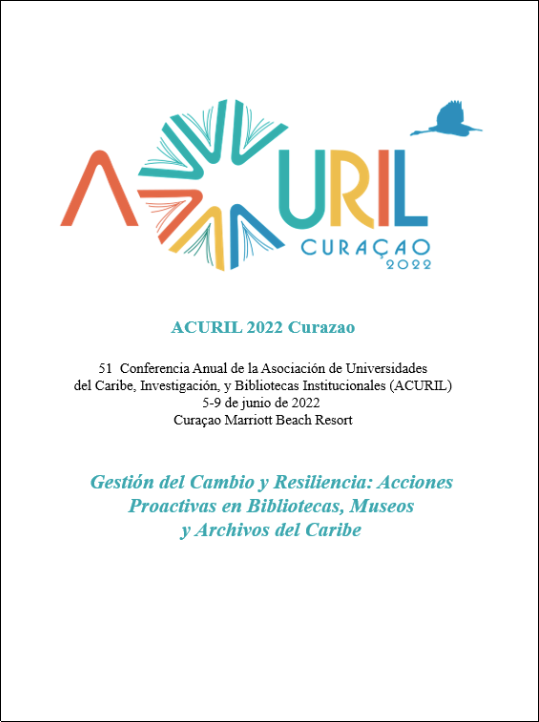Abstract
June 6, 2022
Heritage preservation in the Caribbean has over the years become an area marked by the pushes and pulls of international organizations, agreements, and treaties. In the postwar decades the international agenda for peace resulted in pushes for decoloniality, democracy, and solidarity, with strong forces fighting for social justice and civil rights. This was globally supported by transnational regulatory bodies such as the United Nations. An inherent element of the changing paradigms was a universal call for the democratization of culture. This broad normative concept implied that policies and agreements relative to heritage were to support the universal causes of human rights and social justice by guaranteeing inclusiveness. In the 1970s and 1980s, organizations such as UNESCO became increasingly concerned with these social and political realms of culture and heritage. The promotion and preservation of heritage defined and framed with a monocultural focus was to become a thing of the past. This shift in perspective has had a lasting impact on international treaties and agreements affecting the Caribbean, as we can still see in the SAMOA Pathway (2014) for Small Island Developing States (SIDS) and in the Agenda 2030 Sustainable Development Goals (SDGs) from which the SAMOA Pathway is derived. Under the ambitious umbrella statement “Transforming our World,” the United Nations committed to the SDG agenda as a “plan of action for people, planet and prosperity,” which “seeks to strengthen universal peace in larger freedom.” The determination to comply with the SDG’s implied a commitment to innovation and the development and use of new tools and methodologies. One of these methodologies is the use of digital humanities.
This paper studies the use and impact of digital humanities in heritage preservation in the Caribbean, specifically looking at heritage preservation praxis of the Dutch Caribbean islands of Aruba, Bonaire, and Curaçao (ABC) within the frame of cultural democracy and social justice. First, I reflect on the overarching theme of heritage and nation-building, by linking it to cultural human rights. Next I will analyze heritage and digital humanities praxis on the ABC islands from a comparative Caribbean perspective, looking in particular at the richness of pluricultural realities. In my analysis I focus on two elements of our tangible and intangible cultural archives: language and diaspora. The pluricultural realities of these heritage archives imply threats to and opportunities for social justice. By studying this link, I aim to explore how digital humanities plays, or can play, a role in the advancement of social justice in this part of the Caribbean.

This work is licensed under a Creative Commons Attribution-NonCommercial-NoDerivatives 4.0 International License.

